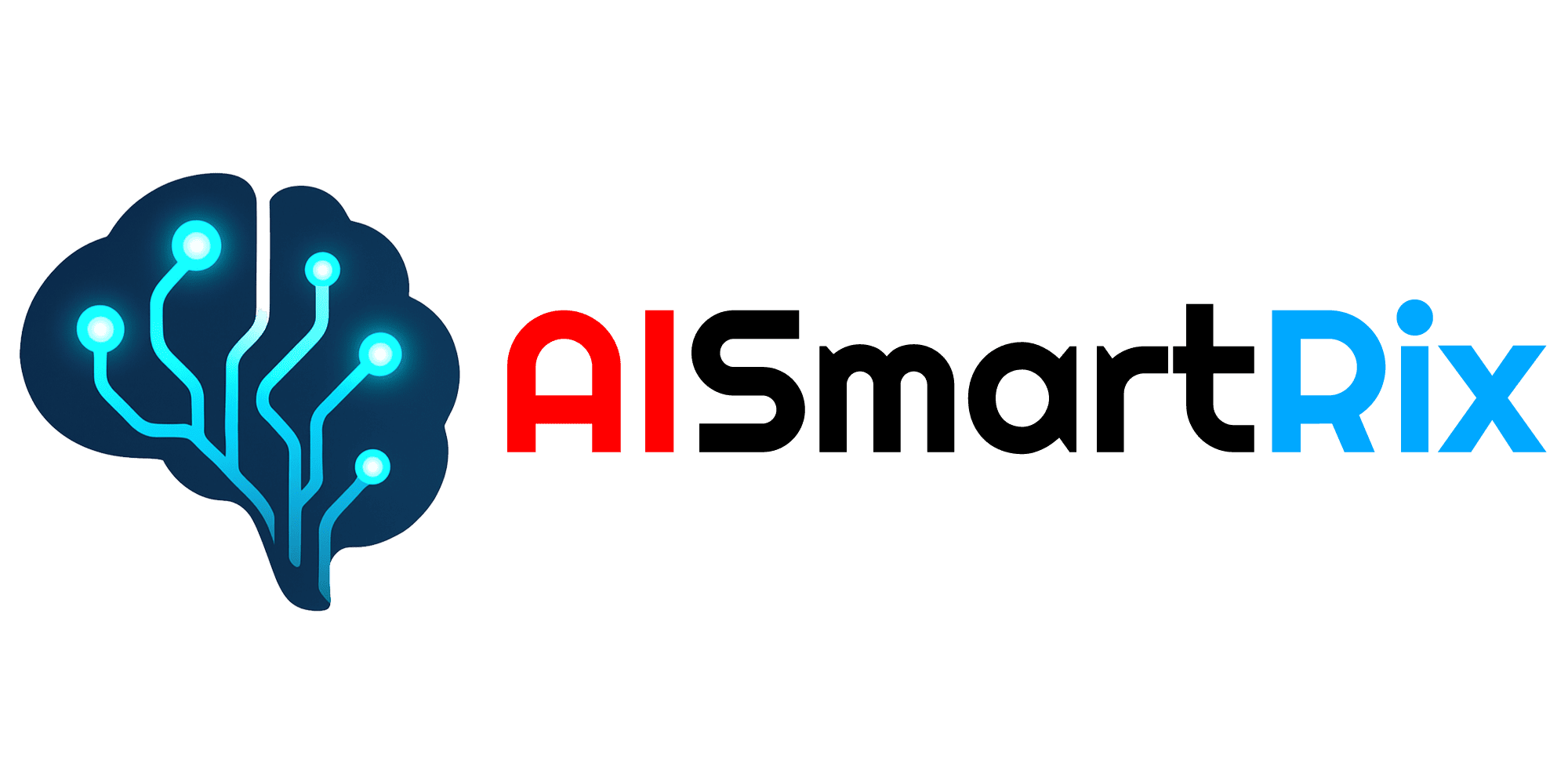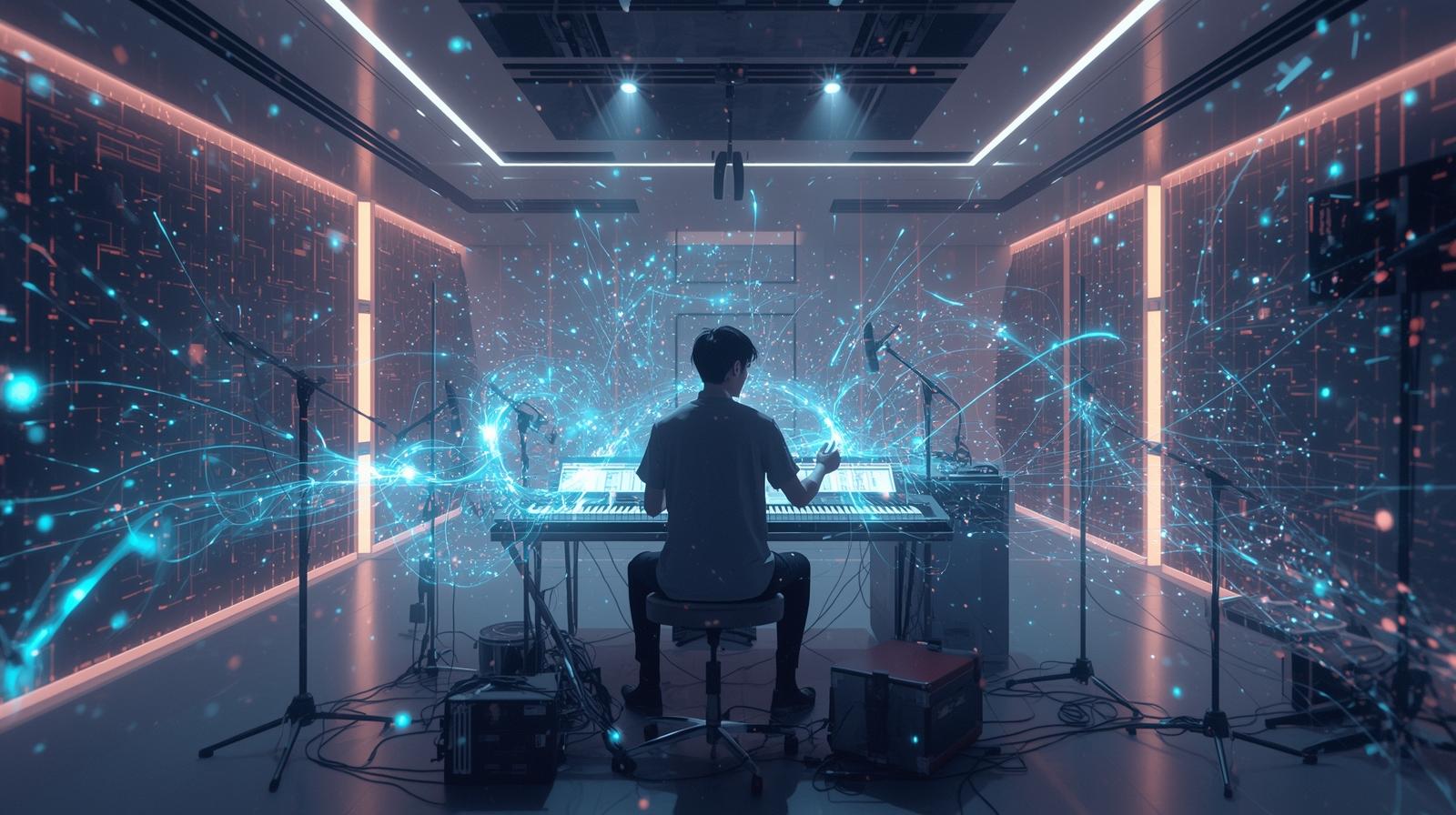The Rise of AI-Generated Music: Will It Replace Human Artists?
The music industry is undergoing a profound transformation. Artificial Intelligence (AI) is no longer just a tool for recommendation or production assistance—it is now capable of generating original music. From pop hits to classical compositions, AI-generated music is challenging traditional notions of creativity, artistry, and authorship. But will these digital composers replace human artists, or are they simply augmenting human creativity?
In this article, we explore how AI generates music, the technology behind it, its impact on the industry, and what the future might hold for musicians and listeners in 2025 and beyond.
1. How AI Generates Music
AI-generated music relies on machine learning algorithms and neural networks trained on vast datasets of existing music. These systems analyze patterns in rhythm, melody, harmony, and lyrics to create new compositions. Key approaches include:
- Generative Adversarial Networks (GANs): One neural network generates music while another evaluates its quality, improving outputs over time.
- Recurrent Neural Networks (RNNs): These excel at understanding sequences, producing melodies and chord progressions that feel natural.
- Transformer Models: Advanced models, similar to those used in AI text generation, can produce complex, multi-instrumental compositions.
The result? Music that sounds authentic, emotionally resonant, and stylistically diverse—sometimes indistinguishable from human-created tracks.
2. AI in Music Production
Beyond generating melodies, AI is integrated into production workflows, assisting artists and producers in numerous ways:
- Automated mixing and mastering: AI tools optimize sound levels, EQ, and dynamics faster than traditional methods.
- Composition assistance: AI suggests chord progressions, riffs, and harmonies to spark creativity.
- Lyric generation: Natural language models can produce compelling lyrics based on style, mood, or theme.
This collaboration allows musicians to experiment with new ideas, reduce production time, and explore genres they might not have tried otherwise.
3. Popular AI Music Platforms
Several platforms are making AI music accessible to creators and enthusiasts:
- Amper Music: Offers AI-generated tracks for videos, podcasts, and games.
- AIVA (Artificial Intelligence Virtual Artist): Composes orchestral and cinematic music.
- OpenAI’s Jukebox: Generates original songs with vocals in various genres.
- Endlesss: AI-powered collaborative music creation in real-time.
These tools are lowering barriers for music production, enabling independent creators and content producers to craft professional-quality tracks.
4. The Debate: Will AI Replace Human Artists?
While AI can compose and produce music, several factors suggest it won’t fully replace human artists anytime soon:
- Emotional nuance: Human experiences, emotions, and imperfections give music its depth and relatability.
- Cultural context: Music often reflects social and cultural narratives that AI may struggle to fully understand.
- Audience connection: Fans often value the story, personality, and authenticity behind an artist.
Instead, AI is more likely to augment human creativity, serving as a collaborator rather than a replacement. Musicians can leverage AI to explore new sounds, experiment with genres, and enhance production quality.
5. AI-Generated Music in the Industry
AI-generated music is already influencing the industry:
- Film, TV, and gaming: AI-generated scores save time and costs while delivering high-quality results.
- Streaming platforms: AI helps curate personalized playlists and even generate music tailored to listener moods.
- Commercials and ads: AI-generated jingles allow for quick, scalable music production for brands.
The integration of AI is reshaping both the creative and business sides of music, creating opportunities for innovation and efficiency.
6. Ethical and Legal Considerations
As AI-generated music grows, ethical and legal questions arise:
- Copyright issues: Who owns AI-generated compositions—the programmer, the user, or the AI itself?
- Artist compensation: Will human musicians face competition from AI, potentially affecting livelihoods?
- Authenticity and transparency: Platforms must disclose when music is AI-generated to maintain trust with audiences.
Addressing these challenges is crucial for sustainable adoption of AI in the music industry.
7. The Future of AI Music
Looking ahead, AI-generated music is expected to:
- Blend seamlessly with human creativity, acting as a co-creator.
- Enable personalized music experiences, with tracks adapted to listener moods or activities.
- Drive new genres and experimental sounds, pushing the boundaries of musical expression.
- Integrate with virtual reality and immersive media, creating interactive soundscapes.
By 2030, AI could become an indispensable tool for artists, producers, and listeners, enhancing music creation and enjoyment without replacing the human touch.
Conclusion
AI is transforming the music industry, offering new tools for creativity, efficiency, and innovation. While it won’t replace human artists entirely, AI-generated music is redefining what’s possible in composition, production, and consumption.
The question is: Would you listen to a fully AI-generated song without knowing it was created by a machine, and how would that change your perception of music?





